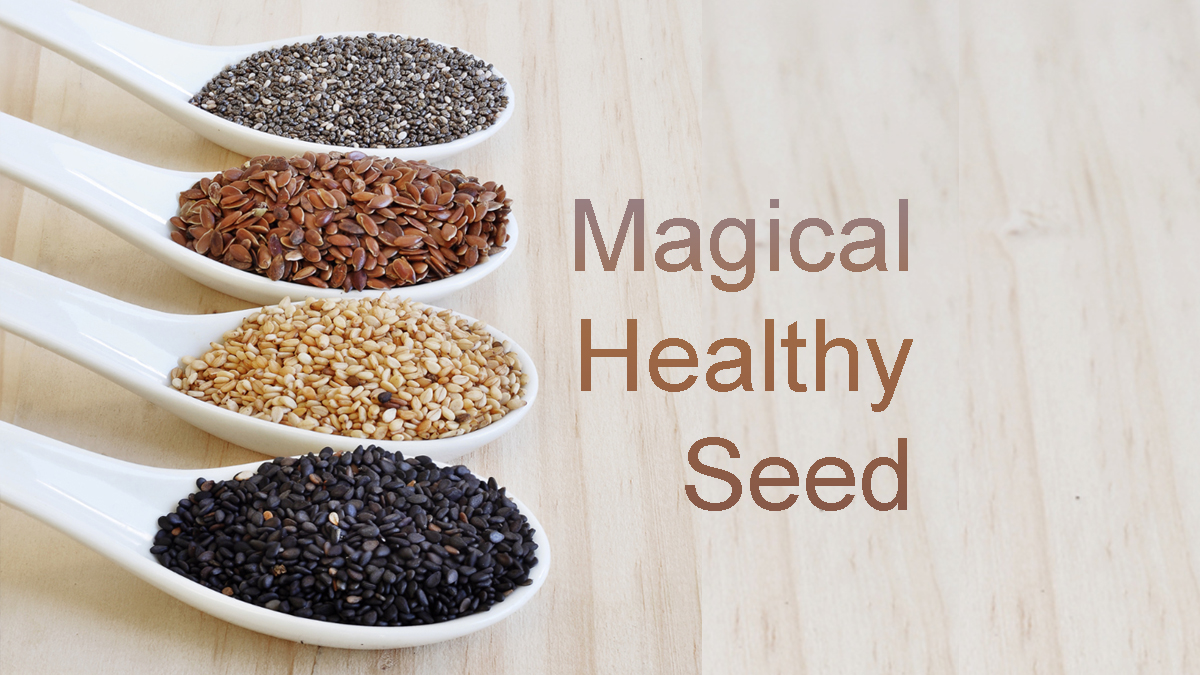Sesame oil and seeds pack a serious health punch. These ancient ingredients are rich in vitamins, minerals, healthy fats and various plant compounds. Regularly consuming sesame can benefit your entire body, from your heart to digestive system and beyond.
In this article, you will get to know the impressive nutrition value and scientifically-proven health benefits of Sesame.
An Overview of Sesame Nutrition
Both sesame oil and the whole seeds behind it provide exceptional nutritional value. Here are some of the top nutrients these ingredients supply:
- High in Protein - Sesame contains over 20% protein, supplying substantial amino acids for tissue growth and repair. The protein also helps steady blood sugar when eating carbs.
- Essential Minerals - Just a tablespoon of sesame seeds meets your entire Daily Value for copper, a mineral that aids nerve conduction and metabolizes carbs and fats. Sesame also provides abundant phosphorous, magnesium, iron, calcium and more.
- Vitamin Powerhouses - Sesame oil is uniquely rich in vitamin E, a fat-soluble antioxidant that protects cells from free radical damage. Meanwhile, the seeds supply ample B-complex vitamins.
- Heart-Healthy Fats - Over 85% of the fat in sesame comes from mono- and poly-unsaturated fatty acids, like omega-6. These support cardiovascular health and proper organ development.
- Fiber - The whole seeds are an excellent source of fiber, which promotes digestive and heart health along with balancing blood sugar.
With this stellar nutrition it's no wonder sesame can benefit wellbeing from head to toe.
Top 5 Evidence-Based Health Benefits
Science confirms that regularly eating sesame in either seed or oil form can:
- Reduce Blood Pressure
Sesame oil significantly decreases blood pressure in dozens of studies. The lignin's found abundantly in sesame oil calm the tissues of blood vessels, allowing them to relax and widen for better flow. Just 35g daily slashes systolic readings by 5-15 mmHg on average after 45 days.
- Balance Blood Sugar
The combination of healthy fats, fiber and protein means sesame seeds have an extremely low glycemic index that prevents unhealthy spikes and drops in blood sugar. This helps reduce hypertension and appetite-regulating hormones.
- Combat Arthritis
Thanks to immune-boosting minerals like zinc and anti-inflammatory phytosterols, sesame oil applied topically alleviates arthritis pain by up to 60% within just 60 days. It also increases hand grip strength and flexibility in swelling joints.
- Prevent Cancer
Promising studies reveal that unique antioxidants in sesame called sesamol and sesamin neutralize cell-damaging free radicals before they spark tumor development. Sesame also inhibits proliferation of many cancer cells.
- Boost Heart Health
Along with lowering blood pressure, eating whole sesame seeds daily for 5 weeks improves HDL “good” cholesterol by up to 29% while decreasing LDL “bad” cholesterol and triglycerides. This protects artery health and slashes cardiovascular disease risk.
From enhancing heart health to stabilizing blood sugar and fighting inflammation, sesame ticks all the boxes for whole body wellness.
Who Should Limit Sesame Intake?
With countless benefits, sesame oil and seeds make healthy additions to almost any diet or supplement regimen. However, some individuals require caution with intake:
- Allergy Sufferers - Sesame ranks among the 8 most common food allergens, provoking potentially severe reactions in sensitive persons. Allergy testing helps determine if avoidance is required.
- Blood Clotting Disorders - Due to vitamin E and other nutrients, sesame may slow blood clotting. Those on blood thinners or with clotting defects should exercise some restraint with high doses.
- Omega-6 Sensitive - Since sesame contains omega-6 fatty acids, excessive consumption could promote inflammation among those with conditions linked to this pathway. Moderation is key.
- Drug Interactions - Sesame influences liver enzymes and may interact with certain medications changed by cytochrome P450 pathways. Check with your doctor about possible interactions.
For most people, sesame seeds and oil are perfectly healthy options that benefit wellness from head to toe. But some individuals require attentiveness to potential drawbacks from overconsumption.
Incorporating More Sesame into Your Routine
It’s easy to amplify your sesame intake to reap robust benefits:
- Drizzle antioxidant-rich sesame oil onto stir-fries, curries and salads.
- Swap olive oil for sesame oil when sautéing veggies or making homemade salad dressings.
- Toss whole sesame seeds into smoothies, oatmeal and yogurt parfaits.
- Craft DIY sesame milk with soaked sesame seeds blended up just like almond milk.
- Make homemade tahini with raw sesame seeds and minimal other ingredients.
- Sprinkle dry-roasted sesame seeds onto avocado toast or whole grain rice bowls
With endless options for seamlessly enjoying sesame every day, unlocking the health perks is
deliciously easy.
Conclusion – An Ancient Ingredient with Modern Applications
In summary, sesame seeds and derivative sesame oil provide exceptional nutritional value that translates to definitive improvements in cardiovascular and metabolic health markers when regularly consumed. They also show immense promise for fighting cancer and arthritis. With science confirming benefits spanning blood pressure, blood sugar, cholesterol levels and beyond, sesame stands out as an ancient ingredient still coveted today for its diverse modern-day advantages.
]]>


-(2).png)
Comments 0
No comments yet
Be the first to share your thoughts!
Leave a Comment